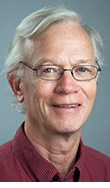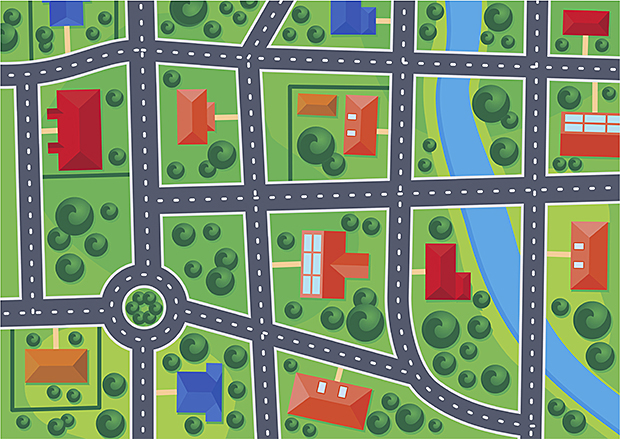Planning prof begins two-year term on national design academy

Phil Berke
The [National Academy of Environmental Design] (http://www.naedonline.org/) is getting a boost in its efforts to advocate sustainable design and stewardship of human and natural environments from Phil Berke, one of the nation’s foremost land use planning experts and professor of urban planning at Texas A&M.
Berke recently began a two-year appointment to the NAED as a representative of the [Association of Collegiate Schools of Planning] (http://www.acsp.org/) .
The NAED coordinates research, distributes study findings and makes recommendations to policy makers on reducing the negative impact of cities, buildings, landscapes and transportation on global climate.
It also hosts symposia and workshops that mix design and planning professionals and academics with experts in other fields and representatives from key government agencies.
Recent topics at NAED-sponsored events have included disaster-resilient design, neighborhood and school designs that promote children’s health and the rising global water needs.
The NAED was founded by a coalition of design organizations that include the [Association of Collegiate Schools of Planning] (http://www.acsp.org/) , the [Association of Collegiate Schools of Architecture] (http://www.acsa-arch.org/) and the [Council of Educators in Landscape Architecture] (http://www.thecela.org/) .
NAED is seeking to elevate its profile to eventually become the fifth branch of [The National Academies] (http://www.nas.edu/) , the United States’ preeminent source of objective information and advice on science, engineering and health matters.
“There is a definite, growing need for more representation from planners and designers in the National Academies,” said Burke. “In my most recent appointment to an academy committee that considered the growing risk posed by poorly planned and designed communities in hazard-prone coastal areas, there was only one planner and no designers among the engineers and ecologists in the 12-person group.”
Through his research findings, Berke, an urban planning faculty member at Texas A&M from 1987-1994, has revealed how cities’ environmental, social, and economic systems are affected by land use decisions.
He has made major contributions in natural hazard mitigation, urban land use planning, growth management, sustainable development and environmental planning and policy, said David Godschalk, professor emeritus of city and regional planning at the University of North Carolina – Chapel Hill, where Berke taught from 1995-2013.
He returned to Texas A&M in 2014 to rejoin the urban planning faculty and lead the [Institute for Sustainable Communities] (http://www.tamug.edu/iscc/) .
Tags
- feature
- institute for sustainable communities
- interdisciplinary
- landscape architecture & urban planning
- partnerships
- planning
- sustainability
Related Posts
Undergraduates sharpen research skills in program
College partners with TAMU-G on coastal research institute

Land use planning expert returns to Texas A&M faculty
Follow Us
Facebook Twitter Vimeo Youtube Flickr RSS
Recent Posts

Planning prof heads study of disaster housing aid

A message from the dean

Former student remembered as expert planner

Leading educator named new head of Architecture Dept.






_thumbnail_small.png)
